Women in
Comparative Societies
Latin America: Carmen Miranda on My Mind

What
images and stereotypes of Latin American women do we have?
How do these measure up to the realities of women's lives in Latin
America?



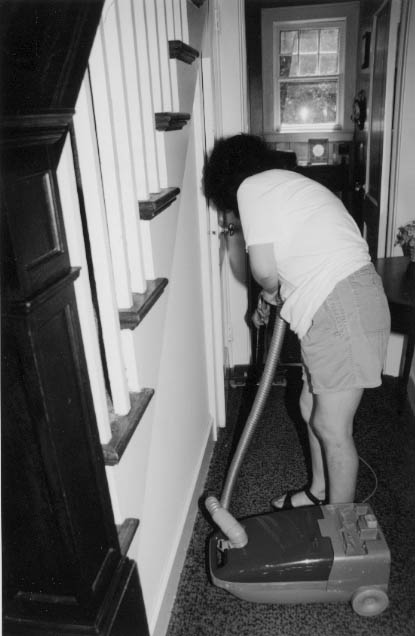
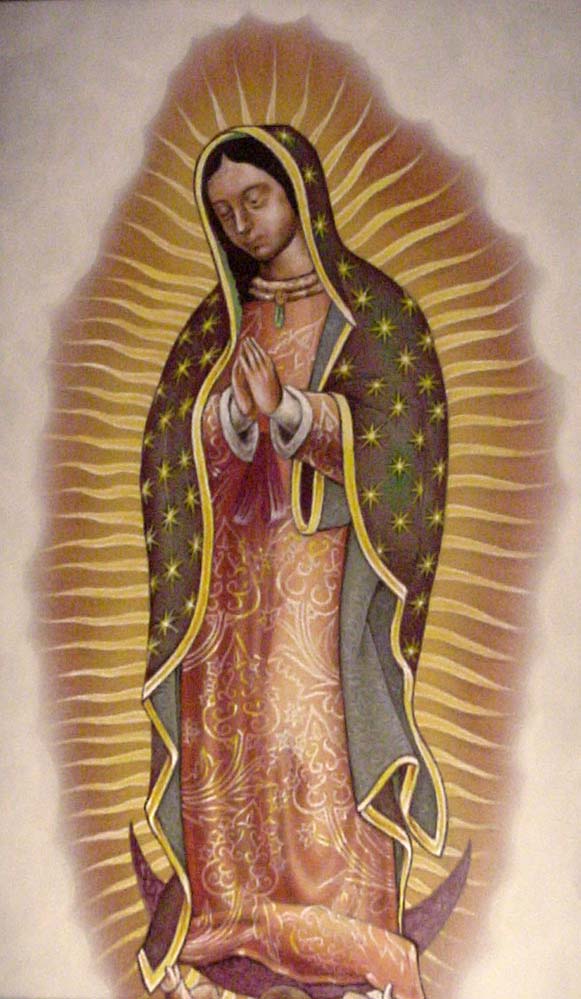
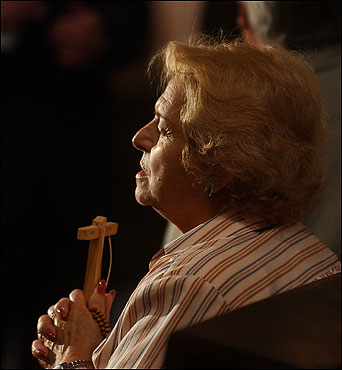
Cultural Tendencies
Catholicism
Marianismo/Machismo
Family
importance of
idealized
yet also patriarchal
and all too often violent
Political and Economic Development
Region as a whole transitioning, becoming more democratic over
the latter part of the 20th Century
Historic development
colonialism
Church administration
encomienda system
landlessness of peasant farmers
Fundemental cleavage in Latin American politics
control over land, land reform
control over national wealth, means of production
"dependency theory"
neo-colonialism
Right side of the political spectrum
Wealthy landowners
The Military
Left side of the political spectrum
Peasant, "campesinos"
Marxist political parties and movements
Late 20th Century
The Catholic Church
Liberation Theology
Implications of these Tendencies for Women
In Politics
In Economy
Globalization in Latin America
Brazilian exception
EPZs
EPZs exist in
many Central American and Caribbean countries
Nicaragua, El Salvador, Honduras, Dominican Republic and others
Called
"maquiladoras" or "maquilas" for short in N. Mexico
Story
on Working Conditions in maquilas
Pay
in Honduras Free Trade Zone
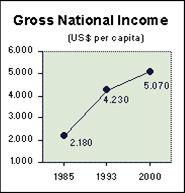
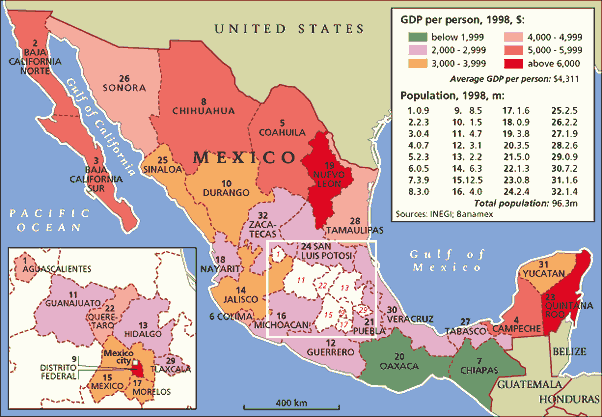
In Favor of Free Trade Zones in Latin
America
NGO aiding Women Workers in Tiajuana
Amnesty International
Report on Ciudad Juarez Violence
Mexico’s
New Garment Worker Movement
Enloe uses example of Mexican women
garment
workers as an example that perhaps this trend is changing;
What mobilized these
women to organize
1985 Mexico City earthquake; horrified when soldiers helped owners
“rescue”
their machines before the women who were trapped under the buildings
Working in a cross-class
alliance with
middle-class women from Mexico City, they have succeeded in getting an
officially recognized union in numerous shops.
To mitigate against
criticisms that their
organizing work takes them away from their family responsibilities,
they
created child-care at their HQ and offered it to neighborhood women
activists as well; in so doing they have launched a new wave of
grass
roots organizing in Mexico (creating conditions for the end of the
PRI’s
lockhold on the presidency and many other offices in Mexico)
Domestic
Workers in US Organize
United Domestic Workers Site
Domestic
Workers in Mexico









